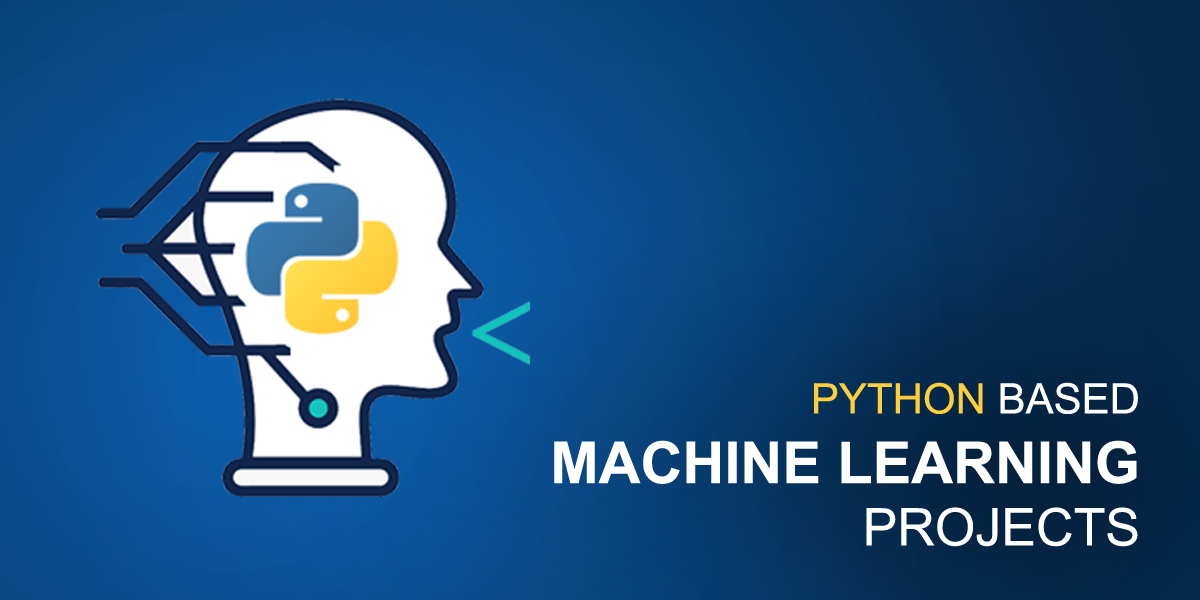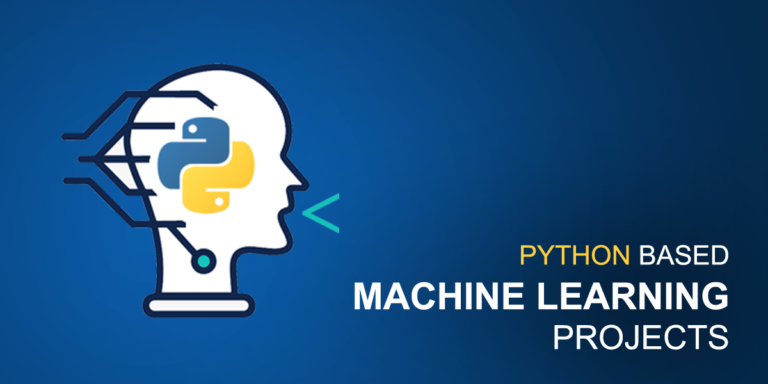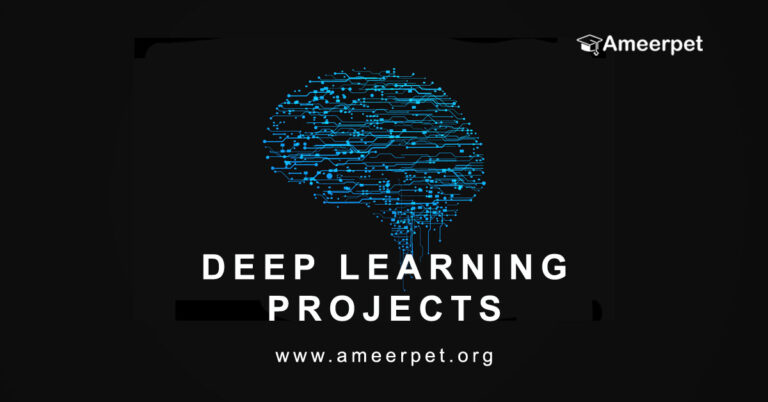
Abstract:
This article presents a data-driven method for computing reachable sets where active learning (AL) is used to reduce the computational burden. Set-based methods used to estimate reachable sets typically do not scale well with the state-space dimension, or rely heavily on the existence of a model. If such a model is not available, it is simple to generate state trajectory data by numerically simulating black-box oracles of systems (whose dynamics are unknown) from sampled initial conditions. Using these data samples, the estimation of reachable sets can be posed as a classification problem, wherein AL can intelligently select samples that are most informative and least similar to previously labeled samples. By exploiting submodularity, the actively learned samples can be selected efficiently, with bounded suboptimality. Our proposed framework is illustrated by estimating the domains of attractions of model predictive controllers (MPCs) and reinforcement learners. We also consider a scenario where there are two oracles that differ with respect to evaluation costs and labeling accuracy. We propose a framework to reduce the dependency of the expensive oracle in labeling samples using disagreement-based AL (DBAL). The potential of the DBAL algorithm is demonstrated on a solver selection problem for real-time MPC.
Note: Please discuss with our team before submitting this abstract to the college. This Abstract or Synopsis varies based on student project requirements.
Did you like this final year project?
To download this project Code with thesis report and project training... Click Here


